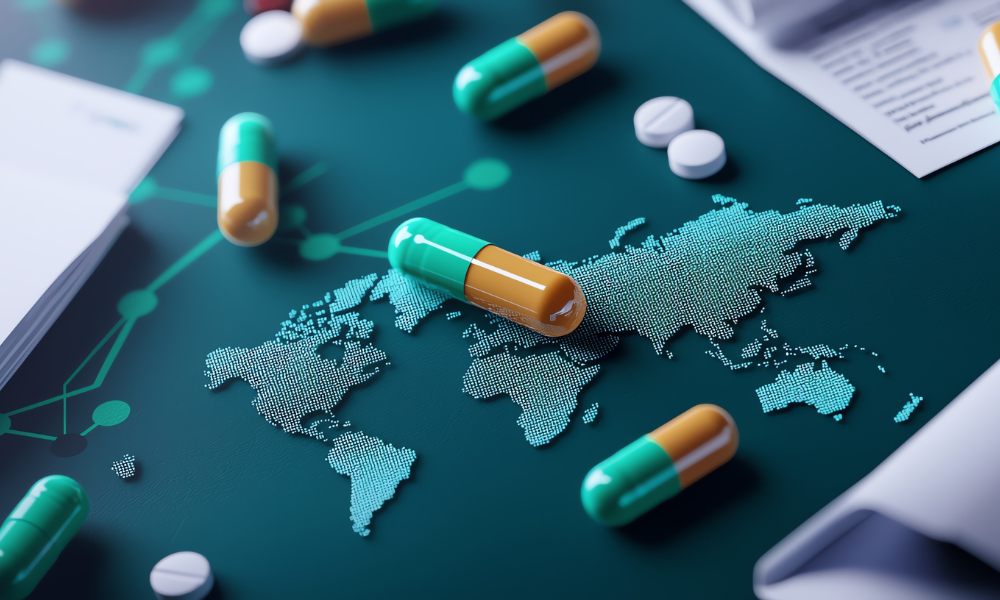Tariff threat adds pressure as Trump pushes firms to match global prices

Pharmaceutical imports to the United States could face tariffs as high as 250 percent within 18 months, as US President Donald Trump escalates efforts to bring drug manufacturing back to US soil.
Trump told CNBC’s Squawk Box on Tuesday that the country would begin with a “small tariff” on pharmaceutical imports.
“In one year, one and a half years maximum, it’s going to go to 150 percent and then it’s going to go to 250 percent because we want pharmaceuticals made in our country,” he said.
He did not specify the initial rate but had previously indicated that sectoral tariffs on pharmaceuticals and semiconductors would begin at “25 percent or higher,” as reported by Reuters.
According to BNN Bloomberg, the US has launched a national security review under Section 232 to examine the impact of pharmaceutical imports.
That probe has not yet concluded, but if the US proceeds with tariff increases, a framework agreement with the European Union would cap the rate at 15 percent.
These proposed measures have prompted several pharmaceutical companies to pledge new domestic investments.
As per Reuters, AstraZeneca committed US$50bn to expand its US operations, and other firms such as Eli Lilly and Johnson & Johnson have also announced plans to boost manufacturing stateside.
Industry groups and pharmaceutical companies have warned that such tariffs may increase drug costs, disrupt supply chains, and reduce investment in research and development.
CNBC reported that the pharmaceutical sector is already under pressure from Trump’s drug pricing policies, including a revived executive order tying US drug prices to lower international rates through the “most favoured nation” policy.
Trump claimed in the CNBC interview that he had “invoked” the policy and that it would have a “tremendous impact on the price of medicine,” though no official policy change has been implemented to date.
Reuters noted that last week, Trump sent letters to 17 drugmakers, urging them to lower US drug prices by 29 September.
The request included making their full portfolio of existing medicines available to every Medicaid patient at the lowest price offered in other developed countries.
Some firms have responded that they are still reviewing the letter.
Trump also said he would announce new tariffs on semiconductors and chips within “the next week or so,” though he did not offer specifics.
PhRMA, the main pharmaceutical lobbying group in the US, has not issued a public statement in response to the announcements.



